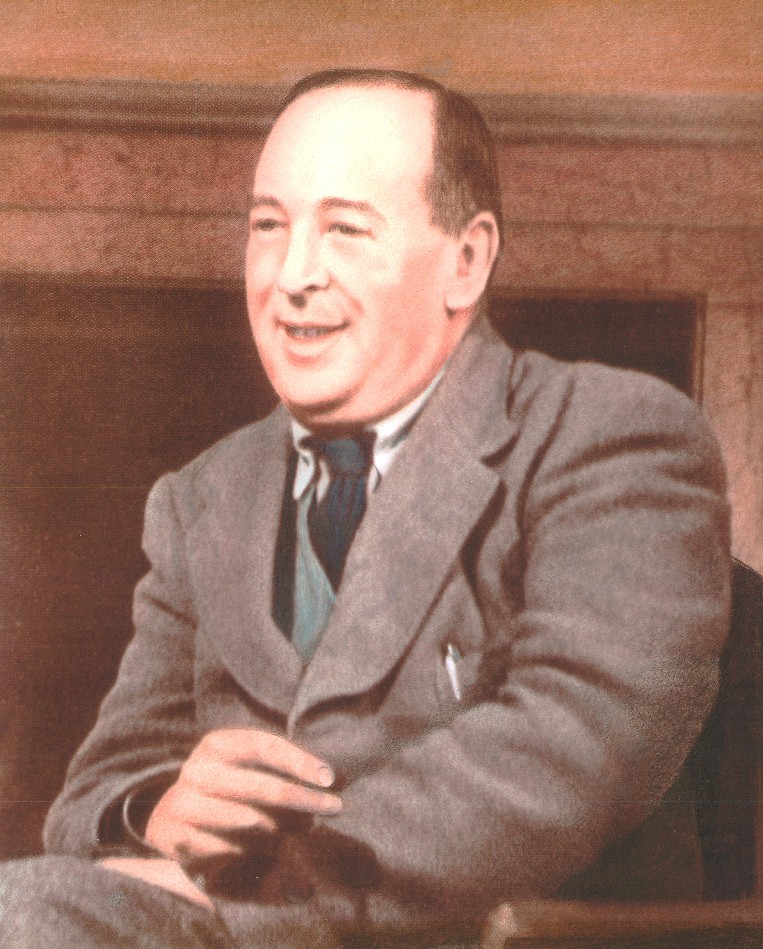I’ve written a couple posts this year about the course I have developed for my church’s Parish Academy this fall. The title for the course is “Writers C. S. Lewis Admired.” The four writers I’ve chosen to focus on in the course are George MacDonald, G. K. Chesterton, J. R. R. Tolkien, and Dorothy L. Sayers.
A previous post centered on Chesterton, the one of the four I knew the least about. It wasn’t that I was completely ignorant of his life and writings, but I had never delved into them in depth. This proposed course pushed me into those depths and I am pleased with what I found.
In this post today, I am going to the other end of the spectrum with the writer I probably know the most about: Sayers. Although I am late to the game in reading her works, once I started doing so a few years ago, I just kept going because her writing is so poignant and enjoyable.
Sayers first became prominent as the author of the Lord Peter Wimsey detective novels, so that is where I began my reading. But I soon discovered her more forthright Christian works: The Mind of the Maker, The Man Born to Be King, and essays that laid out her case for the centrality of the Christian creeds and the essential nature of doctrinal foundations for the Christian life.
So how do Dorothy L. Sayers and C. S. Lewis connect? Both were graduates of Oxford. Sayers, five years older than Lewis, completed her studies first, but they did live in Oxford at the same time: when he began his studies after WWI, she returned to the city to work at Blackwell’s Bookstore. They didn’t know each other at that time, but twenty years later, their friendship began when she initiated contact with what Lewis himself called a “fan letter.”
From that “fan letter” beginning, a mutual respect grew over the next decade and a half. There are a number of good sources that describe this relationship. One is a recently published book by Crystal Downing that I relied upon as a part of my cornerstone research, in which she stated,
Another Sayers expert, Gina Dalfonzo, in her book that deals specifically with the relationship between Lewis and Sayers, goes down a sort of checklist of similarities and differences in the lives of these two authors:
The value of a course like this is to offer greater exposure of writers such as Sayers not only to the younger generation, which has scant knowledge of anything historical, but also to the older generation that may, in the recesses of memory, be familiar with her name, but are unable to say anything specific about her. I hope to fill that memory hole as I joyfully share her story and her impact.
For those who are interested and don’t live in Lakeland, Florida, the course will be available online via Zoom and can be watched later on the church’s website. I will provide more details about those options as the time draws near.











